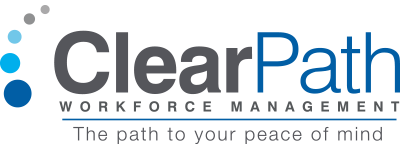I’m not a smoker, nor have I ever been, but I was talking with a friend recently who is trying to quit smoking because she’s looking for a new job in the healthcare industry. She explained to me that companies can discriminate against smokers and test for legal tobacco during a drug screen. Being the employment compliance nerd that I am, it got me wondering about the legalities of banning smokers.
Cigarette smoking has fallen to its lowest point in recorded history, according to new data from the Centers for Disease Control and Prevention. An estimated 14 percent of adults in the U.S., or 34.3 million people, smoked cigarettes in 2017, down from 15.5 percent in 2016. This historic low represents a 67 percent decline from 1965, when the National Health Interview Survey started tracking the figure and 42.4 percent of adults smoked cigarettes.1
Tolerance for smoking in the workplace and all public spaces has also declined. Companies have been shifting the permissible space where smokers can smoke further and further away. I remember when employees could smoke at their desks. Then the space was moved to a designated area in the building, then to a designated area just outside the building. Some companies constructed covered shelters in the parking lots for smokers. The allowable smoking area keeps moving further away from other workers, to the point now where some companies do not allow smoking onsite anywhere on the company property, not even in your car. Some companies have even banned hiring smokers. But can they do that without the risk of legal repercussions?
Protection for Smokers
The Equal Employment Opportunity Commission doesn’t recognize smokers as a protected class, but there are 29 states (along with the District of Columbia) that do offer protections for smokers. If your company is in one of those states, you can’t refuse to hire people just because they smoke (although you can turn them down for other, legitimate reasons).
Here’s the list of states that provide employment protections to smokers, according to the American Lung Association:
|
|
Is it worth it?
If you’re not located in one of those states, you’re likely permitted to enact a smoke-free hiring policy and keep people who smoke out of your workplace. But is a ban on hiring smokers really the right way to go? Opinions differ. On the one hand, a 2009 study by the Journal of Tobacco Policy & Research found that smokers take more sick days than their non-smoking co-workers. It also found that even if a smoker is in relatively good health (isn’t obese, doesn’t have chronic health conditions like diabetes, etc.), there’s a good chance he or she will still have higher medical costs than a comparable non-smoker over a three-year period. But a smoking ban is worthwhile only if smokers quit for good. If the prohibition causes people to quit until they’re hired — and then they take up smoking again as soon as they pass the nicotine test — it’s not an effective, cost-cutting tactic. The results point to a need for constant testing to ensure former smokers don’t fall back into the habit after they’re hired, and that can get expensive.
Cons of a ban on hiring smokers
Another study from anti-smoking journal Tobacco Control found that a tobacco-free hiring policy might not be a good idea. Here’s why:
- It’s a slippery slope. If the decision were based on health-related costs, couldn’t a case be made for banning people with weight-related problems, such as high cholesterol or diabetes? And wouldn’t that raise discrimination concerns?
- Would you be turning away good talent because of a smoking addiction — an addiction that could be licked with some help? Sure, when unemployment is high and lots of people are job hunting, you can be choosy. But since the US is currently at record low levels of unemployment, do you really want to lose that top salesperson or IT manager to a competitor because of smoking? You may find yourself scrambling for good people.
Researchers at Tobacco Control instead say employers should push hard to get employees into smoking-cessation programs, especially ones sponsored at work. Every analysis of such programs shows they’re cost-effective in improving absentee rates and time lost because of smoking-related illnesses.2
ClearPath can help you accomplish your day-to-day tasks pertaining to your workers. We can help relieve this burden by outsourcing your back office Human Resources and Payroll functions to our Employer of Record service. Contact us to learn more about how our expert personalized service can let you get back to focusing on your business goals. Work with a leader in the industry for outsourced Human Resources and Payroll functions associated with W-2 and 1099 contingent workers. Let ClearPath be the path to your peace of mind.
This blog article is for general information purposes only and does not provide an in-depth overview of smoker banning laws. It should not be solely relied upon or substituted for legal or professional advice. Use of the information provided is at your own risk.
Source:
1https://www.cnbc.com/2018/11/08/cdc-says-smoking-rates-fall-to-record-low-in-us.html
- Written by: Connie Wendt
- Posted on: March 26, 2019
- Tags: EMPLOYER OF RECORD SERVICE, ENGAGING W-2 WORKERS, FORM I-9, INDEPENDENT CONTRACTOR COMPLIANCE, W-2 Worker Classification, Workforce Classification

